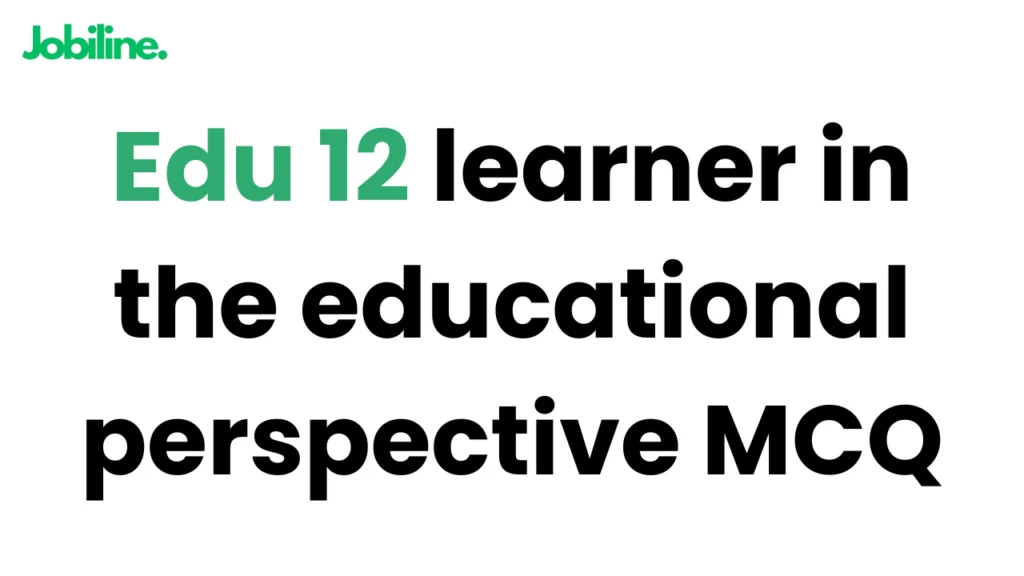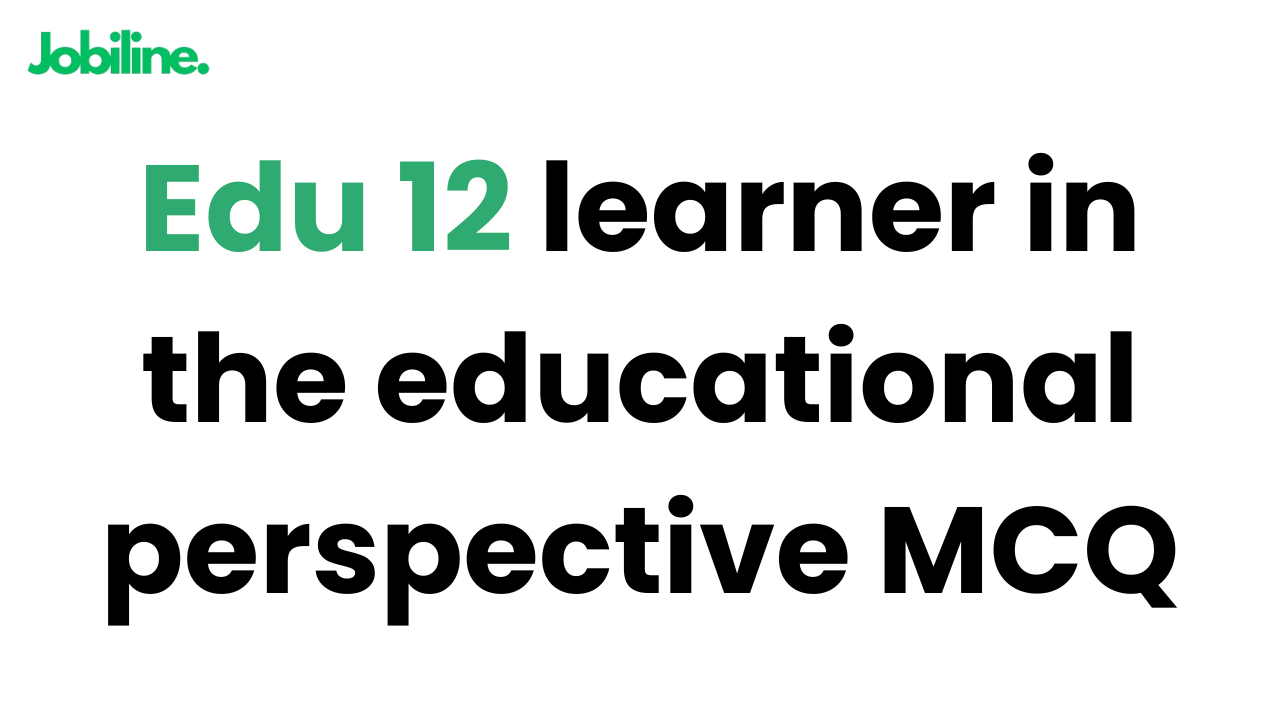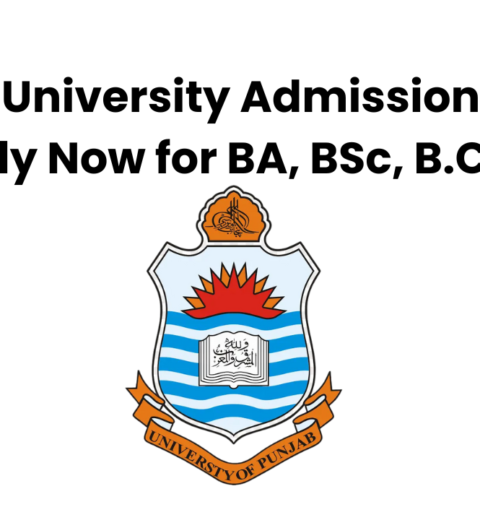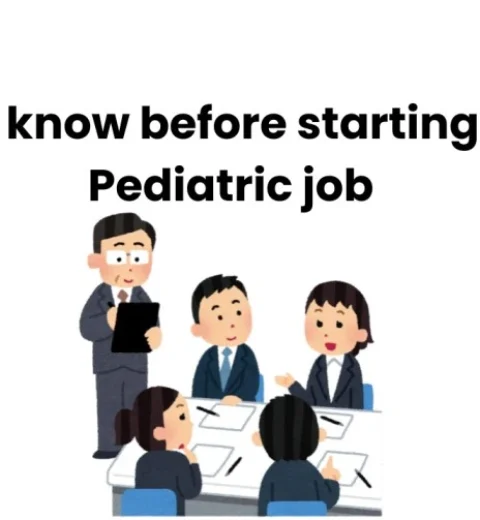The Edu 12 Learner perspective centers around student-centered education, promoting active participation, critical thinking, and personalized learning experiences. It fosters an environment where learners take ownership of their education, building knowledge through interaction, collaboration, and inquiry-based activities. The role of educators shifts from being the primary source of information to facilitators who guide learners in constructing their understanding.
Read More: Starting a New Career Tips for Fresh Graduates
Read: Easy Freelance Jobs for Beginners in 2024
MCQs (1-10)
- Which of the following is a primary feature of the Edu 12 Learner perspective?
- A) Teacher-centered instruction
- B) Student-centered learning
- C) Memorization of facts
- D) Standardized testing
- In the Edu 12 Learner model, teachers are best described as:
- A) Lecturers
- B) Facilitators
- C) Disciplinarians
- D) Information providers
- Active learning is most encouraged in the Edu 12 approach, which involves:
- A) Rote memorization
- B) Active student participation in tasks
- C) Listening passively
- D) Teacher-led instruction
- Which educational theory is closely aligned with the Edu 12 Learner approach?
- A) Behaviorism
- B) Constructivism
- C) Direct instruction
- D) Classical conditioning
- The Zone of Proximal Development (ZPD), a key concept in the Edu 12 model, refers to:
- A) The knowledge students can gain independently
- B) The gap between what learners can do on their own and with help
- C) A student’s ability to learn without any guidance
- D) A standardized testing method
- What is the main goal of scaffolding in the Edu 12 approach?
- A) To provide answers to students
- B) To support learners until they can complete tasks independently
- C) To limit interaction between students
- D) To focus solely on group activities
- In the Edu 12 Learner perspective, what is the teacher’s primary role?
- A) Sole knowledge provider
- B) Classroom disciplinarian
- C) Learning facilitator
- D) Authority figure
- The Edu 12 Learner model encourages students to:
- A) Memorize content for exams
- B) Take control of their learning through active participation
- C) Depend entirely on teachers for knowledge
- D) Focus only on test preparation
- In constructivist learning environments, students:
- A) Passively receive information
- B) Construct knowledge based on experiences
- C) Memorize facts for tests
- D) Rely on teacher instructions only
- Differentiated instruction, an important aspect of the Edu 12 model, means:
- A) Teaching all students in the same way
- B) Tailoring instruction to meet diverse learning needs
- C) Focusing only on high-achieving students
- D) Using a single curriculum for all students
Answer: B) Tailoring instruction to meet diverse learning needs
MCQ(10-20)

- Which of the following best describes experiential learning?
- A) Learning by listening to lectures
- B) Learning by engaging in hands-on activities and reflection
- C) Learning through memorization
- D) Learning by repeating information
Answer: B) Learning by engaging in hands-on activities and reflection
- Formative assessment is primarily used to:
- A) Assign final grades
- B) Monitor student learning and provide ongoing feedback
- C) Rank students based on performance
- D) Administer standardized tests
Answer: B) Monitor student learning and provide ongoing feedback
- Edu 12 Learner perspective supports which type of classroom environment?
- A) Competitive and isolating
- B) Interactive and collaborative
- C) Teacher-driven and passive
- D) Strict and authoritative
Answer: B) Interactive and collaborative
- Which of the following is a learner-centered strategy?
- A) Teacher-led lectures
- B) Group projects and discussions
- C) Memorization exercises
- D) Focus on standardized testing
Answer: B) Group projects and discussions
- Project-based learning is closely related to the Edu 12 approach because it:
- A) Focuses solely on exams
- B) Encourages students to learn through real-world projects
- C) Relies on teacher instructions for all tasks
- D) Discourages collaboration
Answer: B) Encourages students to learn through real-world projects
- Critical thinking is an essential skill in the Edu 12 model because it:
- A) Emphasizes rote learning
- B) Encourages students to question and analyze information
- C) Focuses on memorization
- D) Eliminates the need for collaboration
Answer: B) Encourages students to question and analyze information
- Which of the following is an example of peer learning?
- A) Students working independently on assignments
- B) Students learning from each other through group discussions
- C) Teachers giving direct instructions
- D) Lecturing to a group of students
Answer: B) Students learning from each other through group discussions
- In the Edu 12 Learner model, feedback is most effective when it is:
- A) Delayed until the end of the term
- B) Immediate and constructive
- C) Given only after standardized tests
- D) Not provided at all
Answer: B) Immediate and constructive
- Collaborative learning is a key element of the Edu 12 approach because it:
- A) Focuses on individual achievement
- B) Encourages students to work together to solve problems
- C) Discourages group activities
- D) Promotes competition among students
Answer: B) Encourages students to work together to solve problems
- Which of the following is true about the Edu 12 Learner perspective?
- A) It encourages passive learning
- B) It focuses on active student engagement
- C) It eliminates the need for collaboration
- D) It relies on traditional teaching methods
Answer: B) It focuses on active student engagement
Conclusion
The Edu 12 Learner approach prioritizes active learning, collaboration, and personalized instruction, transforming education into a dynamic and student centered experience. By fostering critical thinking and emphasizing learner autonomy, this perspective prepares students for lifelong learning and real-world problem-solving.




